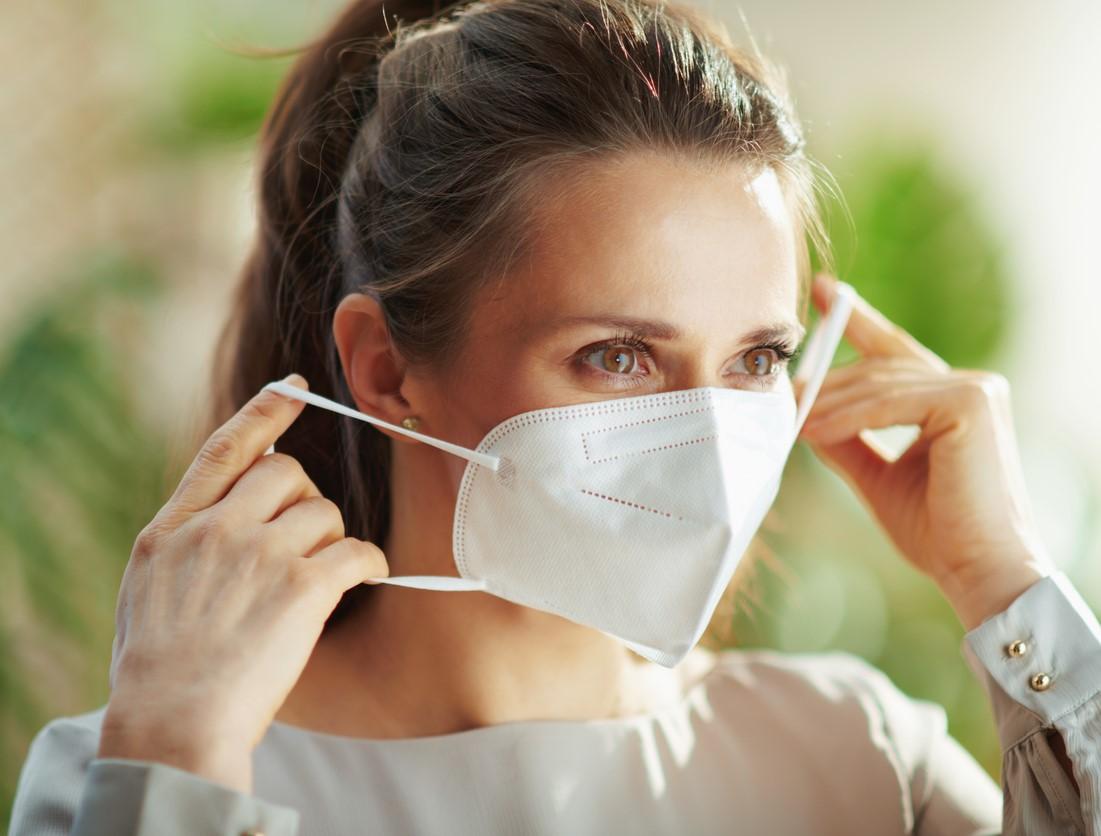As the dominant circulating strain of SARS-CoV-2 evolved from Alpha to Omicron, the incubation period from infection to symptoms or first positive COVID-19 test result gradually decreased, from 5 to 3.4 days, according to a systematic review and meta-analysis published today in JAMA Network Open.
The incubation period is the time from exposure to a pathogen like a virus to the time of first symptoms of the disease that the pathogen causes.
Peking University researchers led the analysis of 142 studies of 8,112 COVID-19 patients published from Dec 1, 2019, to Feb 10, 2022. Of the studies, 45 were considered to present strong evidence, 82 were deemed moderate, and 15 were considered weak.
Most studies (65.5%) were conducted from January to March 2020, and 76.1% were conducted in China. The remaining studies came from multiple countries (1 study) or from South Korea (6), France (4), Japan (3), Singapore (2), India (2), Vietnam (2), and Australia (2). A total of 83.8% of the studies included patients infected with the wild-type SARS-CoV-2 strain, while 3.5% included patients infected with multiple strains, and 7.7% involved unknown strains.
Longer incubation at ends of age spectrum
The average pooled incubation of all variants was 6.57 days (range, 1.80 to 18.87). Among patients 60 years or older, the average incubation was 7.43 days (8 studies), while it was 8.82 among children (8), 6.99 days among those with mild or moderate illness (5), and 6.69 days among the severely ill (5). The last finding was not significant.
Average incubation times for each variant were 5.00 days (Alpha; 1 study), 4.50 (Beta; 1), 5.10 days (Beta/Gamma; 1), 4.41 (Delta; 6), and 3.42 (Omicron; 5). "With the evolution of the mutant strains, the incubation period of COVID-19 appeared to decrease gradually from the Alpha variant to Omicron variant, but there was no significant difference between the groups," the researchers wrote.
The authors noted that COVID-19 appears to have a longer incubation time than that of any other acute viral respiratory infection, including human coronavirus (eg, upper respiratory tract infection; 3.2 days), influenza A (1.43 to 1.64 days), parainfluenza (eg, cold, bronchitis; 2.6), respiratory syncytial virus (RSV; 4.4), rhinovirus (eg, cold, sore throat; 1.4), and severe acute respiratory syndrome (SARS; 4.0).
"Knowledge of the disease's incubation period is of great significance for case definition, management of emerging threats, estimation of the duration of follow-up for contact tracing and secondary case detection, and the establishment of public health programs aimed at reducing local transmission," the researchers wrote.
In a policy update released Aug 11, the US Centers for Disease Control and Prevention advised close contacts of COVID-19 patients that they no longer had to quarantine; instead, it recommended wearing a high-quality mask for 10 days and getting tested 5 days after exposure. Infected people, it said, should still isolate for at least 5 days after a positive test.
The authors said that some countries, however, still require close contacts to isolate for 14 days. "With the shortening of the incubation period of new variants, the isolation period can be adjusted appropriately to reduce the pressure on the health system," they wrote.





















